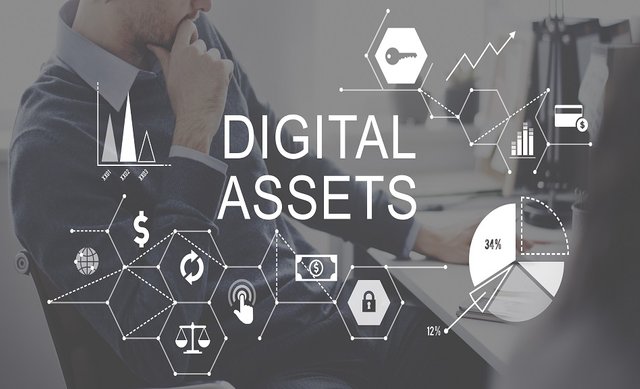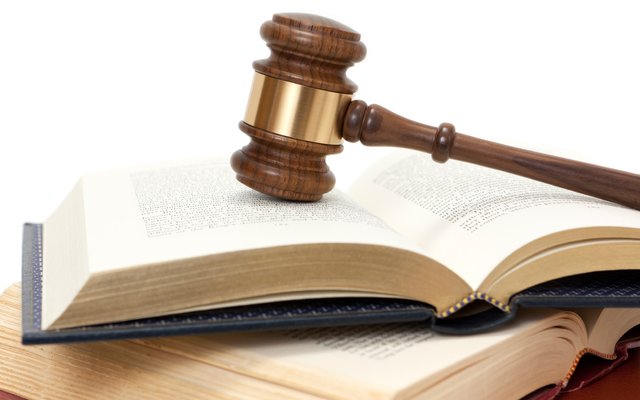Legally Yours : The Legal Hurdles Behind SMT (Part 2)
In the previous blog, we stop at the possibility of SMTs being regarded as ICOs. Thereby attracting unwanted attention from the wrong court, which are the financial regulators, government agencies and central banks. The first part of my blog can be found here.
Before venturing further into the legalities of the SMTs, lets peruse through the framework that regulates ICOs.
What is the Howey's Test
In the United States, the securities market is well regulated. It has its framework set within the perimeters of Securities Act 1933 and Securities Exchange Act 1934. Howey's test is a test to determine if something can be regarded as a security. Whilst we are familiar with stocks, bonds and investment contracts it is undeniable the we are still uncertain of the status of ICOs. In the context of this posting, SMTs can be broadly categorised as ICOs because it has all the characteristics of an ICO.
In the Supreme Court case of SEC v Howey the following test is formulated and it consists of the following questions:-
- Is it an investment of money? (important to note that in this case, there was nothing such as cryptocurrency for the judges to address their mind to)
- Is there an expectation of profit?
- Is it a common enterprise?
- The profit is derived from the efforts of a promoter or third party
So the salient feature that is inherent in a security that demands to be regulated would be the following. There must be money involved by a group of people through the effort of a specific individual or a group of individuals with the idea of making more money.
I believe that at this stage, we are quite able to deduce a conclusion from asking the said questions. The conclusion would be SMT seems to fall within the definition of a 'security'.
Legal Gymnastics
Like all aspects of law, there is no one right answer. Sometimes finding the one right answer like what my Professor in Jurisprudence used to tell us is like:
'Finding a black cat in a dark room'
It is important to break down the analysis to a few basis of analysis. The first undeniable aspect of security would be the use of 'money'. Money as we know it is issued by the Government of the day. It is directly regulated by a central banking system. There is a ledger that keeps track of the issuance of money. In our normal context we call it fiat.
The cryptocurrencies that we speak of are widely regarded as digital assets. For the purposes of computation of tax, the law generally regards cryptocurrencies as assets. Hence it does not have the characteristics of 'money'. However although this test was in the 1940s, the law relating to securites and financial market around the world has changed. Regulations are imposed on any trades that is capable of affecting a financial market or public confidence in the financial market are considered 'regulated market'.
It is not always easy to comprehend a lawyer's language. If it can be given a very simplistic meaning, the technical interpretation of money would oust any cryptocurrency. But given a wider and holistic interpretation, it is capable of being part of the financial market and would attract regulation.
SMTs
If SMTs are tied to Steem, there would be two stages of acquisition. First, the conversion of normal fiat into Steem and secondly, the pairing of Steem with the tokens (SMTs). So, in my humble view, it is not easy to immediately categorise SMTs as a collection of funds or deposits which are strictly regulated. It does not have the label of 'money'. Therefore the aggregation of assets for the purchase of SMTs would fall outside the perimeters of current regulations.
It is natural to expect that in the future deposit taking would include collection of assets but until that happens, SMTs would escape the regulatory sieve. But it is just a matter of time before the law update itself to have more control over this booming field.
Conclusion
If you didn't catch my drift, even if the law does update itself, it cannot incriminate an action which was legal at the time it was transacted. It would however only affect future transactions. So owning steem now and at the doorsteps of the massive flood of tokens (SMTs) let us be prepared for an unprecedented wave. Afterall STEEM is only USD3.00 at the time of this post. What have you got to lose?






Thanks to @ecoinstant, this post has been resteemed and highlighted in today's edition of The Daily Sneak.
Thank you for your efforts to create quality content!
wow...many thanks for that appreciation.
You're welcome!